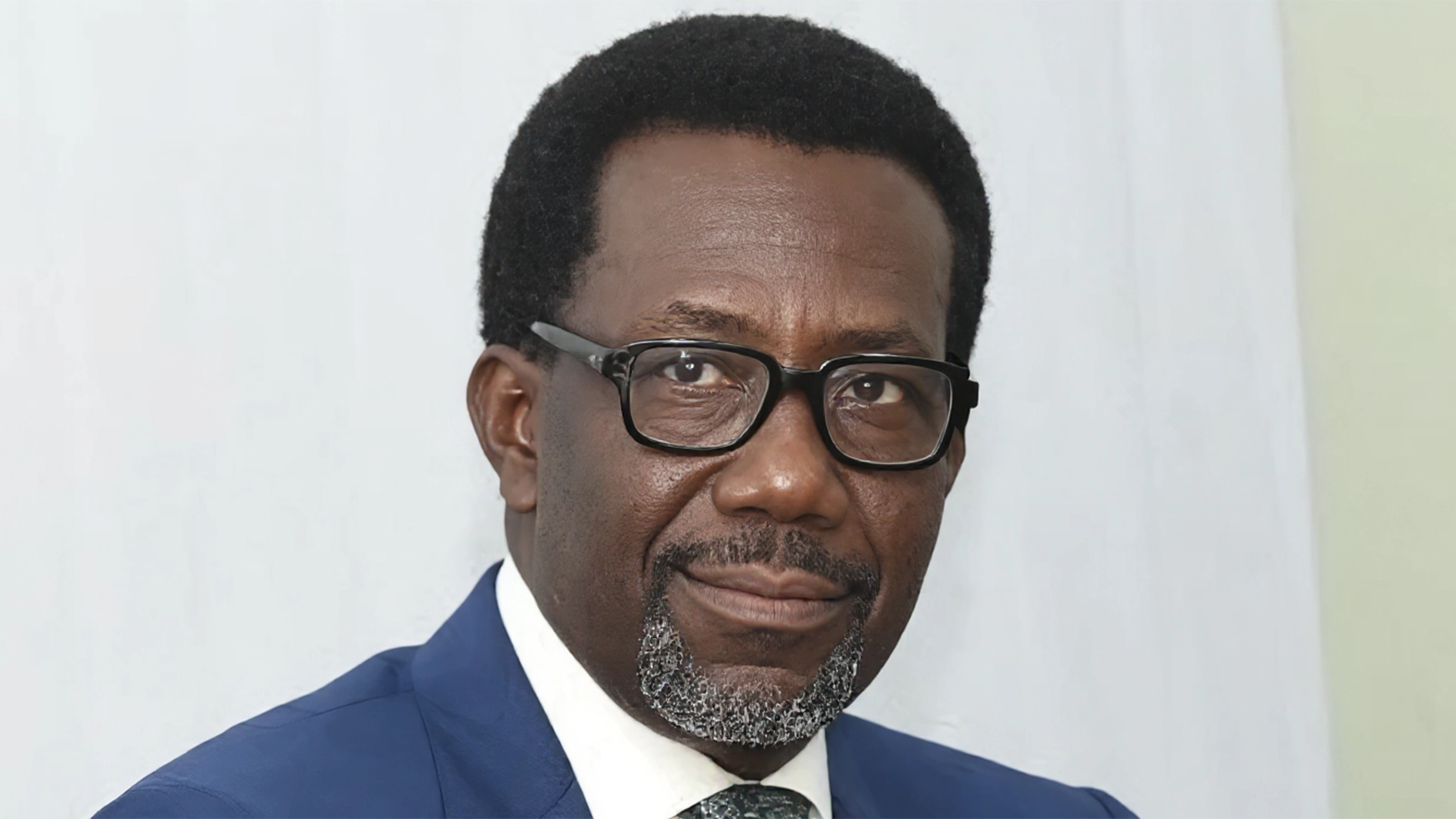
• Stakeholders warn legislation may affect Nigeria’s prospect
There are concerns about the proposed Nigeria Customs Service (NCS) Reform Bill as stakeholders said it negates best practices on administration, control and management of trade/customs.
They said there are conflicting clauses in the proposed reform to the Customs and Excise Management Act (CEMA), which is undergoing review at the National Assembly, that contradict international conventions on trade, import, export, transhipment, border among others.
According to them, CEMA was established from international convention, treaties and protocols to ensure the preservation of international trade and trust of the international committee on investments as well as boost national and regional economies.
The stakeholders said due to the importance of the Customs and Excise Management Act as an instrument that assists the Federal Government to formulate proper trade and fiscal policy direction, the draft bill must be withdrawn, reviewed and redrafted.
Associations registered by the Federal Government, under the Council for the Regulation of Freight Forwarding in Nigeria (CRFFN), have called for the amendment of specific sections in the proposed CEMA bill, which they described as obnoxious to the international convention on trade and ease of doing business in Nigeria.
The associations urged the National Assembly to correct and expunge the sections and specific clauses that contravene the Administration of Criminal Justice Act, LFN 2005, and global best practices in the proposed CEMA Act, Cap C45 LFN, 2004.
The associations called for legislative action on the bills in a communiqué after a joint session, to the Chairman House of Representatives Committee on Customs and Excise, Leke Abejide, in Abuja.
The associations are the National Council of Managing Directors of Licensed Customs Agents (NCMDLCA), National Association of Government Approved Freight Forwarders (NAGAFF), Association of Nigerian Licensed Customs Agents (ANLCA), Association of Registered Freight Forwarders, Nigeria (AREEF) and the Nigeria Association of Air Freight Forwarders and Consolidators (NAFFAC).
They also frowned on the non-inclusion and consultation of licensed broker and freight forwarder input by the Nigeria Customs Service (NCS) in the proposed national bill meant to enforce compliance of trade protocols.
They said this is against the International Federation of Freight Forwarders Associations (FIATA) Model Rules and World Customs Organisation’s (WCO) Customs Brokers guidelines with accession to the Revised Kyoto Convention (RKC) in Nigeria context.
The first FIATA Model Rules, formulated in 1996, highlighted a critical benchmark for global freight forwarding associations and enterprises to draft their trading terms and conditions as well as national laws governing the industry.
President, NCMDLCA, Lucky Amiwero, said the proposed bill has conflicting clauses with other government agencies legislation and function in the administration of import, export, manufacturing, transit, shipment, border and the economy.
Amiwero, who is a member of the reconstituted presidential task force for the reform of Nigeria Customs Service, said the bill has been drafted to give Customs the overall power to make regulations, while removing the power of the President and ministries.
He said the NCS has usurped the functions of the Central Bank of Nigeria (CBN), Ministry of Trade and Investment, Ministry of Transport, Ministry of Internal Affairs/Immigration, Ministry of Finance, National Agency for Food and Drug Administration and Control (NAFDAC), Standard Organisation of Nigeria (SON) and National Drug Law Enforcement Agency (NDLEA).
Amiwero said Customs laws, globally, are legal instruments applied by the executive arms of government to regulate the economy through the proper articulation of trade and fiscal policy frameworks.
He said the Customs and Excise Management Act C45 of 2004 was designed on international conventions for universal trade application structured to include the President, who proclaims, designates, declares and initiates policies; the minister who regulates policies; the NCS board to give directives on policies and the NCS, which implements the policies.
“The president and ministers are the custodian of the act while the other stakeholders are customs, manufactures, importers, exporters, warehouse operators, licensed customs agents, etc.
“In the draft bill, NCS was unduly allocated with uncontrollable powers over the president, ministers and other government agencies on policy making, regulation of the economy on trade and fiscal policies and other matters, which negate global best practices on administration, control and management of trade/customs acts,” he said.
Amiwero, in a document presented to the House Committee on Customs and Excise, said there are no provisions in the bill that would protect foreign investors, traders and local industries to give confidence to the international community to attract investments.
He questioned why Nigeria would repeal CEMA, whereas the United States of America (USA) still operates the Tariff Act of 1930, the North American Free Trade Agreement Act (NAFTA) of 1993, the HomeLand Security Act 2002 and the Security and Accountability for Every Port Act of 2006
He said other countries amended their customs acts to upgrade procedures, which are not included and new tools based on international best practices such as Ghana’s Customs, Excise and Preventive (Management) Act 2003, South Africa’s Customs and Excise Act 19 of 1964, Singapore Customs Act chapter 70 of 2004 and Pakistan Customs Act IV 1969.
“CEMA is not a domestic or simple law like oil bill and others. What Customs has done is to personalise CEMA. Import, export and manufacturing are not under customs anywhere in the world. Customs is bringing a bill that is not relevant to international best practices.
“We must take into cognisance that Nigeria is a contracting party to all these international conventions. We are going to have troubles with the Africa Continental Free Trade Area (AfFTCA), if we are not careful with this bill, also the Trade Facilitation Agreement (TFA) is going to affect us. Nothing in that bill is trade facilitation. CEMA is for maintaining the economy of a nation, it is not about generating revenue; it is about sustaining capabilities of the industries. If you have the wrong Customs, you will be having revenue that is nosediving and people will be leaving your country,” he warned.
Amiwero said the areas that require amendment in CEMA C45 of 2004 are: adopt global best practices in the management, administration and operation of import, export and excise; post-clearance audit; risk management system; authorised economic operator; scanning non intrusive inspection (NII); appeal procedure and right of appeal without penalty.
A chieftain of ANLCA, Taiwo Mustapha, kicked against the 25 per cent penalty imposed on all debit notes in the bill, saying it is unacceptable.
Section 230(1) of the bill states: “Any person who knowingly enters any goods upon payment of less than the amount of duty, Excise taxes, or other taxes and fees legally due, shall be issued Debit Note of the difference with a penalty of 25 per cent of the duty liability. (1a) Notwithstanding Sub-Section 1 above provided it shall be applicable to total duty evasion and willful intention of fraudulent declarations. (1b) However, debit note of difference issued based on a dispute on duty avoidance arguments shall have penalty not more than N20, 000 only.”
Mustapha said this clause is against the N600 provided in the CEMA, noting that it would affect operations of freight forwarders and licensed agents.
“The section we have kicked against till today is slamming a 25 per cent penalty on every debit note, it is like adding salt to injury, before now, there has always been a N600 penalty on every debit note. Even if you are removing the N600, we should be able to agree on a percentage, if they say 2.5 per cent on every debit note raised, it is still understandable. Greedy officers are now eager to raise a debit note because they know that the 25 per cent penalty would shoot it up,” he stated.






